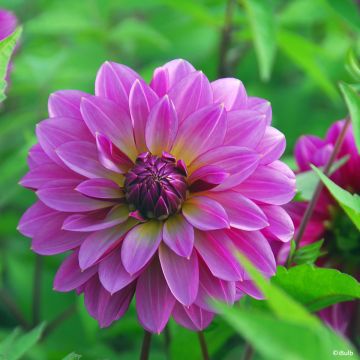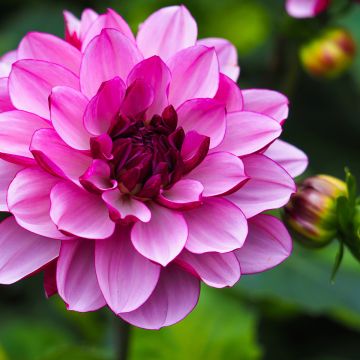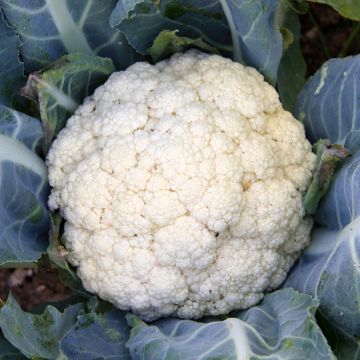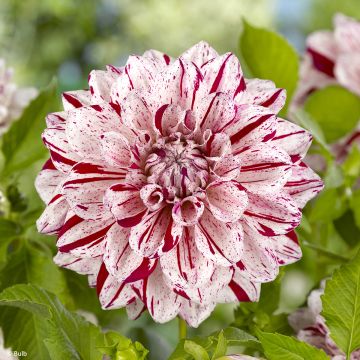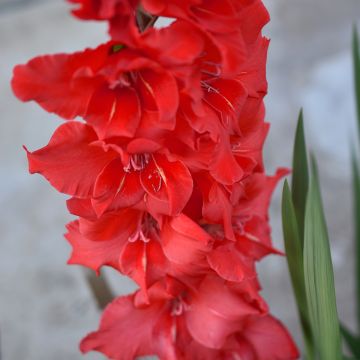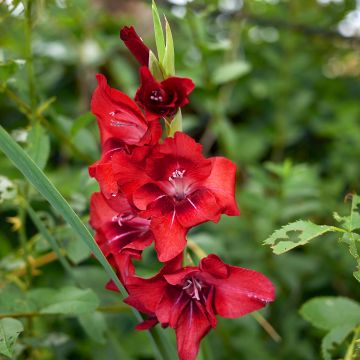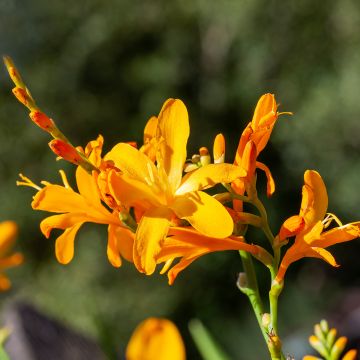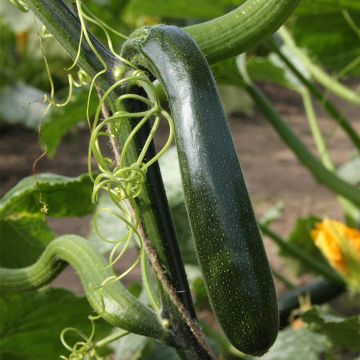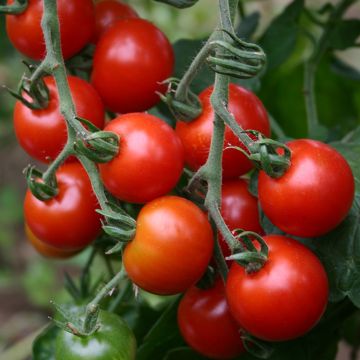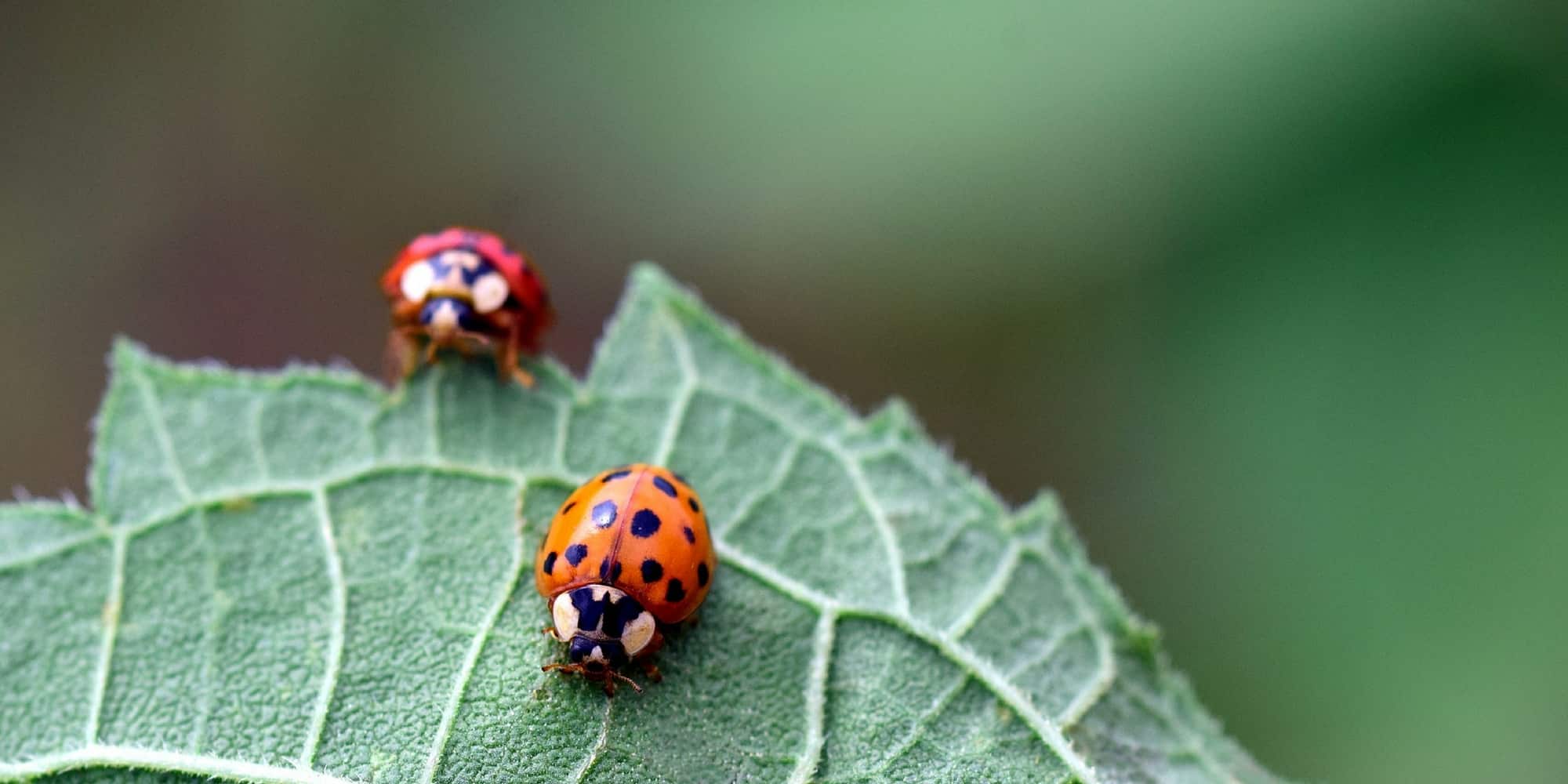
Biological control in the garden: attract beneficials to protect your crops naturally
a healthy garden, without pesticidal!
Contents
In the garden, whether it is a kitchen garden or ornamental, the best protection against parasitic pests is to encourage the presence of beneficial organisms. This “integrated biological protection” (IBP), once established, allows for a predator-prey balance and thus limits massive infestations and, consequently, damage. Attracting beneficial insects, such as ladybirds, lacewings, or hoverflies, contributes to the natural regulation of pests. By diversifying plants and avoiding chemical treatments, you support a healthy and self-sustaining ecosystem. Adopting biological control in the garden means preserving biodiversity while reducing the environmental impact of pesticidal substances.
Who are the auxiliaries of crops in the garden?
The auxiliaries are all the living beings in the garden that contribute to its life and good health.
While ladybirds and hedgehogs are iconic, there are also, for example:
- earthworms that aerate the soil and help create humus,
- bees, bumblebees, butterflies… these pollinators without whom we would have no fruits,
- great tits and earwigs that consume aphids,
- rove beetles, great lovers of snail and slug eggs,
- grass snakes and adders, so poorly regarded yet, they contribute to the regulation of field mouse populations…
 Bumblebee, great tit, earwig, and grass snakes: all auxiliaries in the garden
Cornus mas, Purple Foxgloves, Yarrow, and Teasel: very useful plants for beneficial organisms
- never use chemical insecticides and only use natural insecticides sparingly, even biological ones, as by eliminating all pests, you also remove the food source for beneficial organisms;
- feed the birds, but only during severe cold to avoid making them dependent, and provide them with nesting boxes to facilitate their reproduction;
- create passages in your fences to allow hedgehogs to move as they need large hunting territories;
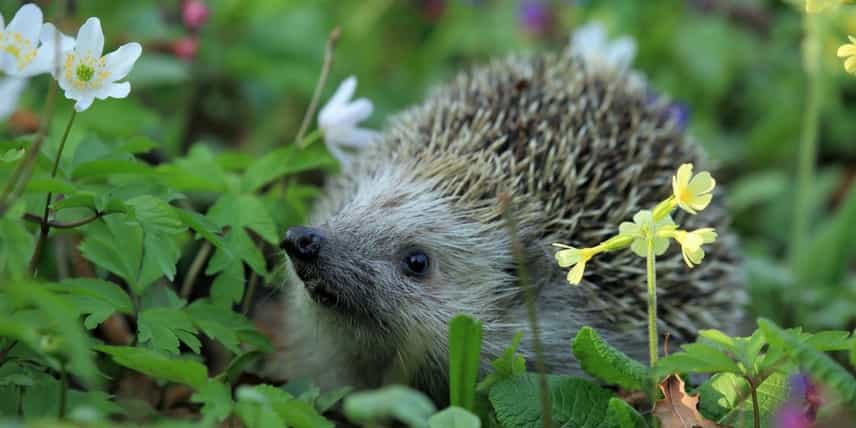
The hedgehog is a great eater of slugs, but it needs a vast territory.
- provide small insect shelters throughout the garden (logs with holes, small bundles of pithy stems, clay pots filled with straw and hung up) or build an insect hotel, decorative and very educational, but slightly less effective for some beneficial organisms;
- mulch flower beds and vegetable patches, as while mulches are sometimes accused of harbouring slugs and snails, they also host their enemies like rove beetles.
Discover other Organic vegetable gardens
View all →Available in 1 sizes
Available in 1 sizes
Available in 1 sizes
Available in 1 sizes
Available in 1 sizes
Available in 1 sizes
Available in 1 sizes
Available in 1 sizes
Available in 1 sizes
Available in 1 sizes
Should you buy auxiliaries?
If biological control through the installation of beneficials is effective in greenhouses, it is somewhat less so in open environments, as insects settle wherever they please, whether at your place or your neighbour’s…
Nevertheless, purchasing beneficials can be a good solution to tackle certain serious soil issues (white grubs, grey grubs, apple codling moth), for example through the inoculation of nematodes, which can be done simply by watering or by introducing ladybird larvae.
→ Find our entire range of beneficial insects and nematodes here
- Subscribe!
- Contents































